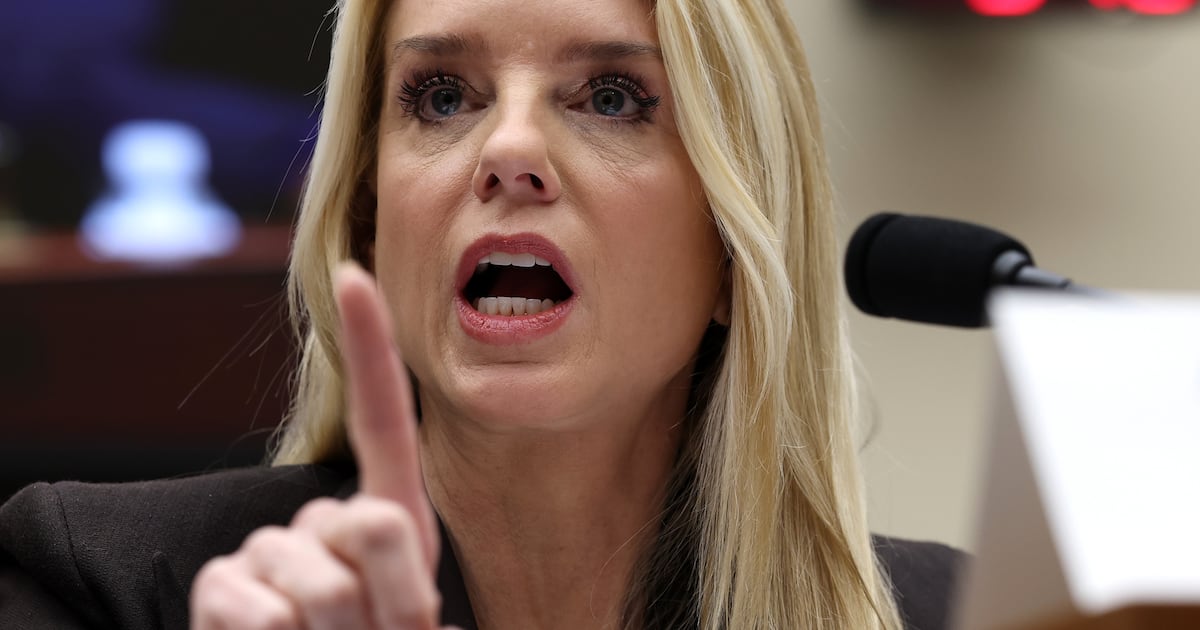This reporting is featured in this week’s edition of Confider, the newsletter pulling back the curtain on the media. Subscribe here and send your questions, tips, and complaints here.
The New York Times is standing by its critical review of KPOP after producers of the flashy Broadway musical accused it of dripping with “casual racism.”
In a scathing open letter to Times publisher A.G. Sulzberger and theater editor Nicole Herrington, producers Tim Forbes and Joey Parnes railed against theater critic Jesse Green’s review, demanding an apology.
“Mr. Green’s choice of words to critique a work created by primarily by API artists plays to harmful stereotypes and the historic infantilization of Asian people in media, immediately devaluing and diminishing them,” the pair wrote. “That he doesn’t like… this genre is his prerogative as a critic, but he appears to deny their very legitimacy as part of a Broadway musical, an implicit assertion of traditional white cultural supremacy.”
Like what you’re reading? Subscribe to the Confider newsletter here and have The Daily Beast media team’s stellar reporting sent straight to your inbox every Monday night.
Green declined to comment, instead referring Confider to the Times’ PR shop, who told us: “We saw the open letter written about The Times’s review of KPOP and quickly convened a discussion among editors and members of our standards department. This group was in agreement that Jesse’s review was fair. More importantly, we wholly disagree with the argument that Jesse’s criticism is somehow racist. We always welcome feedback and reaction to our journalism, and have conveyed a similar reply to the producers who wrote the open letter.”
This was actually the second open letter written about Green’s reviews in less than a month: A Raisin in the Sun star Tonya Pinkins wrote a lengthy letter to Green on Medium last month, arguing he viewed the play through a white lens with little regard for the lived Black experience and suggested the play would have run longer than its Nov. 20 extension if not for his review.
“Jesse, you did not bring to the theater an open mind and respect for our artistry. You came to compare our work to what you like, imagine or have seen of Black women in your past,” she wrote. “I am so much greater than your limited imagination. All Black women are.”
Subscribe to the Confider newsletter here and have The Daily Beast media team’s stellar reporting sent straight to your inbox every Monday night.






